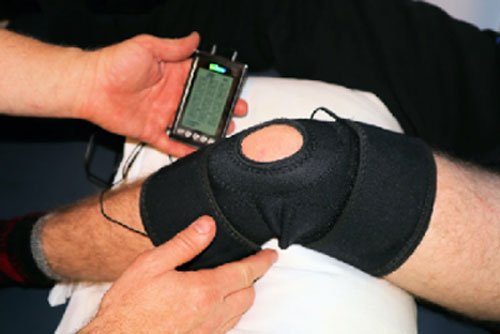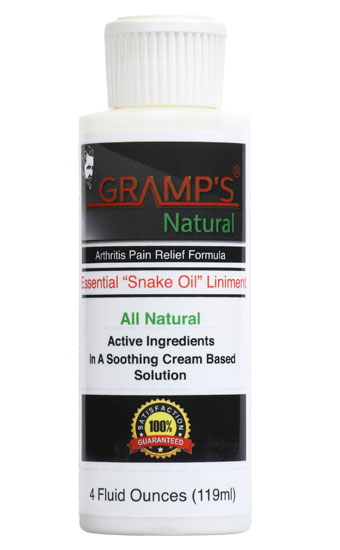Osteoarthritis 101 – Causes, Symptoms, and Treatment
Osteoarthritis is a joint condition that is the most common form of arthritis today. The condition affects millions of people worldwide, and although it can potentially affect any joint in the body, it most commonly affects joints in the knees, hands, hips, and spine. Osteoarthritis is a weakening of the joints resulting from a wearing away of the protective cartilage surrounding the body’s joints. Cartilage serves the joints by cushioning them and allowing a smooth range of motion. When the cartilage wears away, the joints become creaky and damaged, resulting in inflammation and joint pain.
This article will serve as a brief introduction to osteoarthritis, outlining what causes it, the symptoms, and how a patient suffering from osteoarthritis can manage and treat their joint condition. So let’s get into it!


Osteoarthritis Causes
All the joints in your body are surrounded by a slippery layer of tissue known as cartilage. This firm yet lubricated tissue helps to enable smooth and nearly frictionless motion of the joints and also acts as a cushioning surface that protects the joints in the event of an impact.
Osteoarthritis is a joint condition that occurs when the cartilage around the joints in your body gradually deteriorates. For this reason, the condition is referred to as a ‘wear-and-tear’ disease because the overuse of joints exacerbates it. If, over time, the cartilage breaks down completely, the patient’s bone will rub on bone, causing extreme pain and inflammation.
A few risk factors for arthritis are as follows:
- Old age
- Obesity
- Joint injury
- Genetics
- Repeated stress on a particular joint
- Bone deformities
- Diabetes
Osteoarthritis Symptoms
The symptoms of osteoarthritis develop slowly and, if left unchecked, tend to worsen over time. Below are some of the important signs and symptoms of osteoarthritis:
Pain
Affected joints might undergo pain during movement
Stiffness
Affected joints tend to become stiff after a period of inactivity
Tenderness
Affected joints might feel tender when pressure is applied to it

Loss of mobility or flexibility
Affected joints might become limited in their range of motion
Grating Sensation
Affected joints might create a grating or creaking sensation when in use. Affected joints may also experience popping, locking, or crackling.
Swelling
Affected joints may cause the surrounding soft tissue to experience inflammation
Bone Spurs
Extra bits of bone may form around the affected joints, which tend to feel like hard lumps.
Osteoarthritis Treatment
Although osteoarthritis cannot be reversed, its effects can be mitigated through treatments that reduce pain and increase joint mobility to some degree. Moreover, both medication and physiotherapy options are used to manage and treat osteoarthritis.
While painkillers are often used to manage joint pain, natural and organic medicinal options are more effective than over-the-counter medication. Gramps’s Natural Arthritis Pain Relief Formula can relieve joint pain by applying topically on the affected areas regularly. Doing so can help manage pain, reduce inflammation, and therefore increase joint mobility.
Conclusion
Osteoarthritis affects millions of people worldwide and is a condition that has multiple risk factors but cannot be reversed. However, with appropriate treatment, an osteoarthritis patient can work to relieve pain and increase the mobility of their affected joints. If you are suffering from any of the symptoms listed above, see your physician or a physiotherapist for a checkup.

$19.99 + shipping
Order Now
Gramp’s Natural Arthritis Pain Relief Formula is highly recommended for people suffering from extensive joint pain and sharp aches that interfere with their daily lives. This inexpensive yet effective treatment comes with a “100% Money Back Guarantee” that no other topical treatment provides. Buy a bottle today for quick and long-lasting pain relief!
*This product does not contain the oil of any snake.
**This article is for informational purposes only and is in no way intended to be a diagnosis for any medical condition. For a complete diagnosis of your condition see your health care professional.
